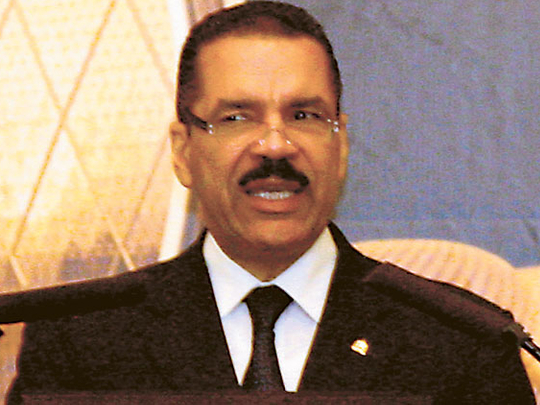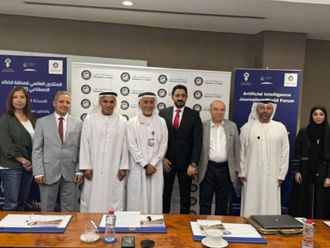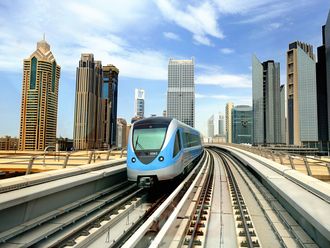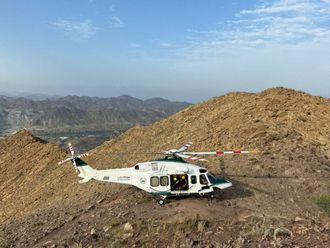
Abu Dhabi: For the ordinary customer, it is often difficult to judge if a food item has been tampered with after processing, or if a luxury handbag is an original branded good. But this is all set to change within the next five to six years, electronic security experts said in the capital recently.
A range of new electronic ‘track and trace' systems will become more commonplace, as public safety becomes a major concern in world trade and governments seek to ensure that taxes on sales are rigorously collected, Jeannie Cameron, director of international advocacy and consultancy firm JCIC International, told Gulf News.
"The value of illicit world trade is currently estimated at more than $3 trillion [Dh11 trillion] per year, which amounts to ten per cent of all world trade. Track and trace systems will help combat such illicit trade, and with its numerous ports and free zones that are strictly monitored, the UAE has a unique opportunity to implement these systems," Cameron said.
She was speaking on the sidelines of the fifth ID World conference, which wrapped up in the capital yesterday. The two-day event, which was organised under the patronage of Lieutenant General Shaikh Saif Bin Zayed Al Nahyan, Deputy Prime Minister and Minister of Interior, saw the attendance of international security and identity system experts.
Illicit world trade involves the sale and purchase of counterfeit products, smuggled goods and those on which applicable local taxes have not been paid.
Deaths
"Such trade is harmful in a number of ways. For example, worldwide illicit trade in pharmaceuticals, which is currently valued at $200 billion [Dh735 billion], poses a risk to the health of patients, and causes the death of nearly 2,000 people daily," the expert said.
The type of illicit trade activity also varies from nation to nation.
"In a country like the UAE that sees a lot of goods pass through its ports on transit, checks on tampering are more important at the ports to prevent illicit trade. In other manufacturing countries, these checks need to be conducted at points of production," Cameron said.
To prevent illicit trade, holograms or government-generated codes can be placed on products at the point of manufacture, she suggested.
"The kind of electronic tracking systems to be used must however be internationally agreed upon and understood," she added.
At present, a World Health Organisation convention is seeking to implement track and trace procedures for cigarettes. "This will ensure that all local taxes on sale and purchase of cigarettes are collected. Soon, such tracking could also become common for other products, such as cosmetics and personal care items," Cameron added.
Customers may then have access to product information via international databases, including a global register being crafted by police organisation Interpol.
Ronald Noble, secretary-general of Interpol, said there were plans to make product information available to consumers via smartphone mobile applications.
"In 2004, a 22-year-old Argentine national died of liver failure after taking high doses of counterfeit iron tablets. These are the kinds of instances we want to avoid using greater track and trace for both products," he added.












